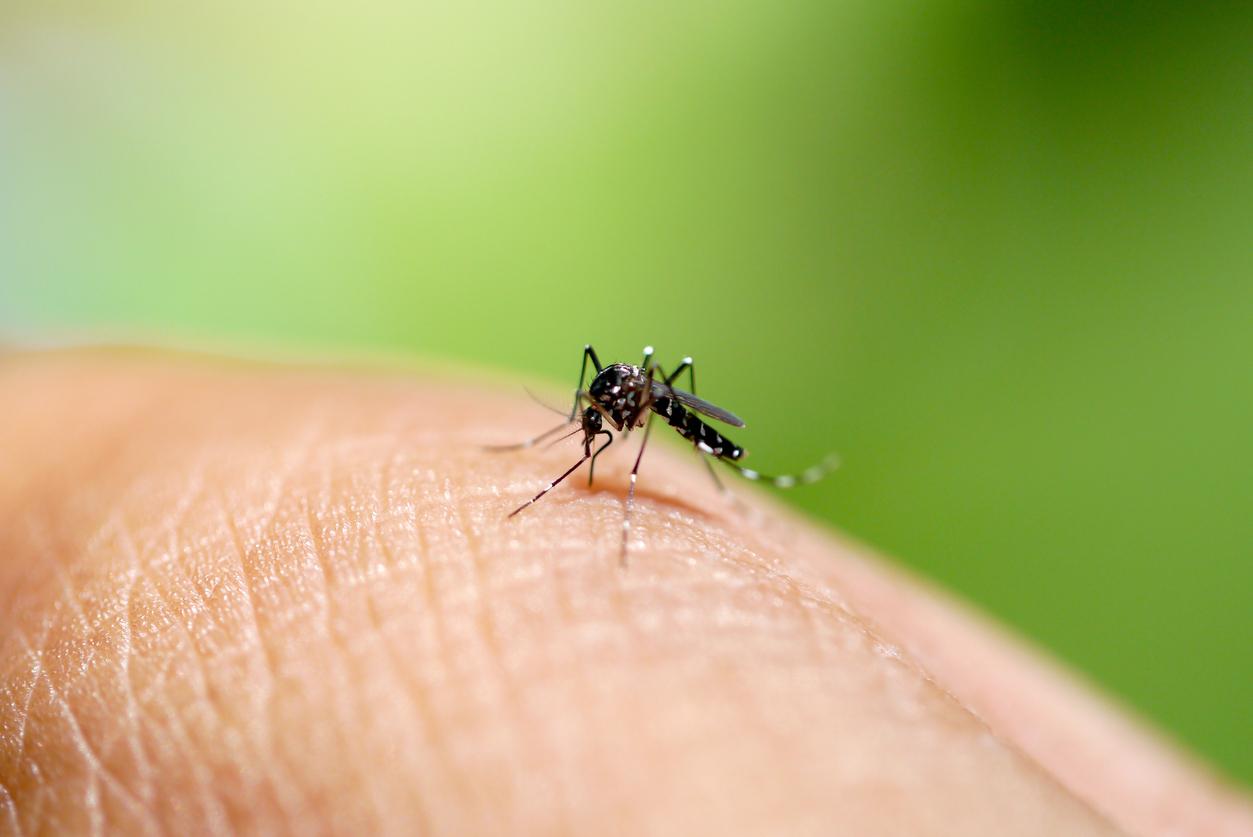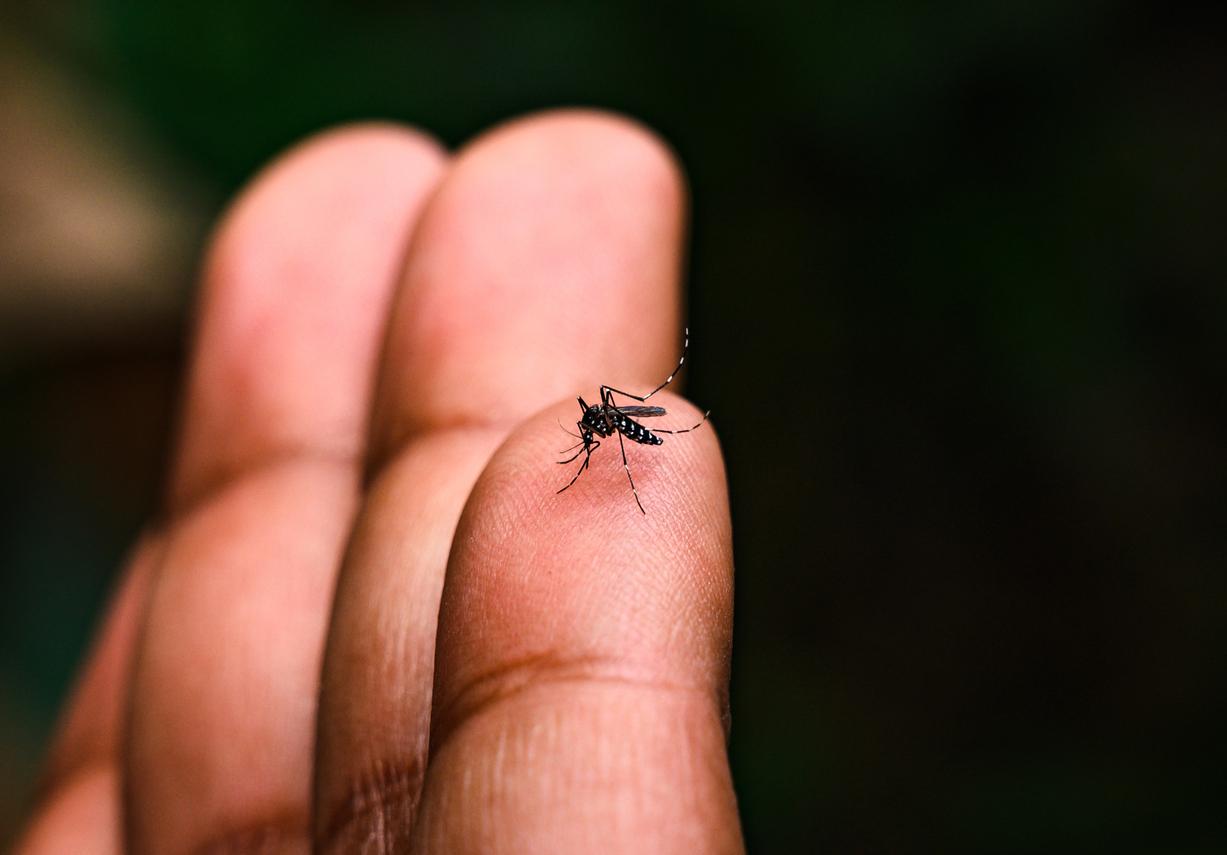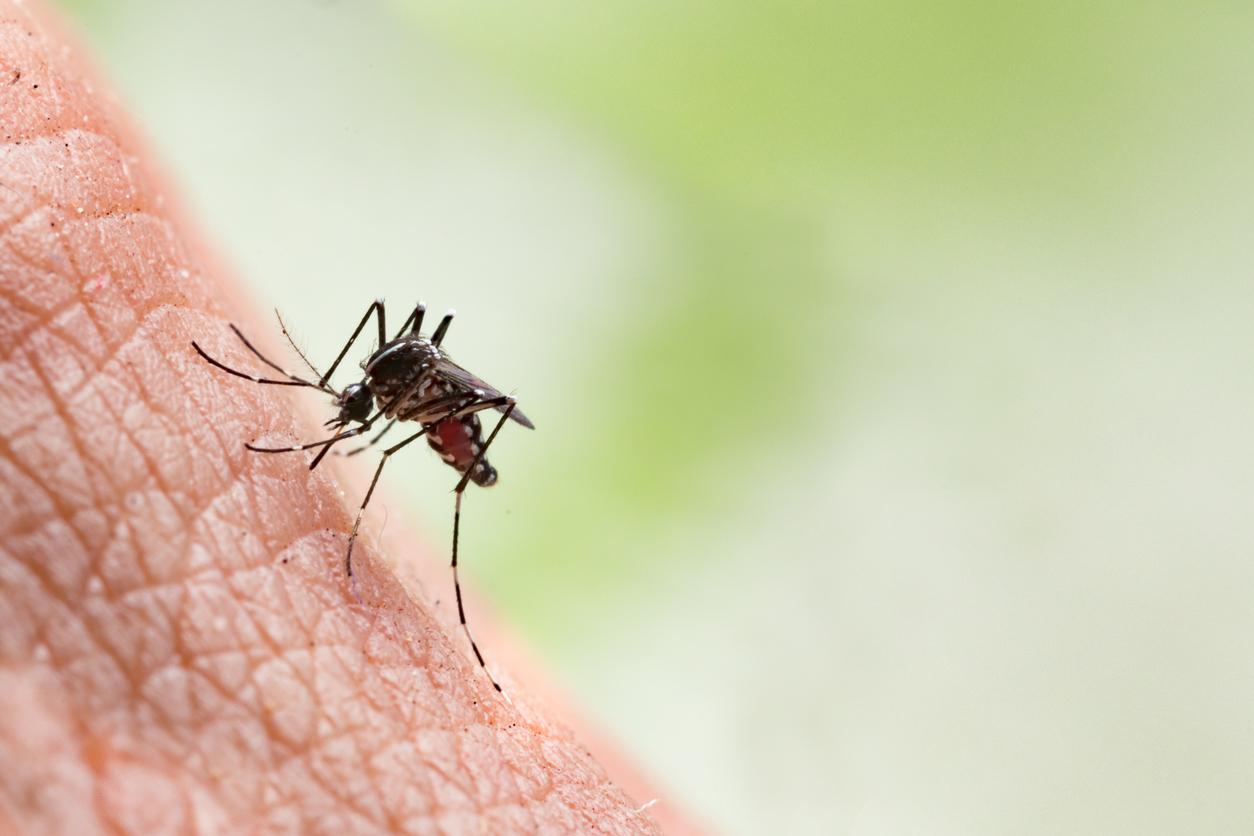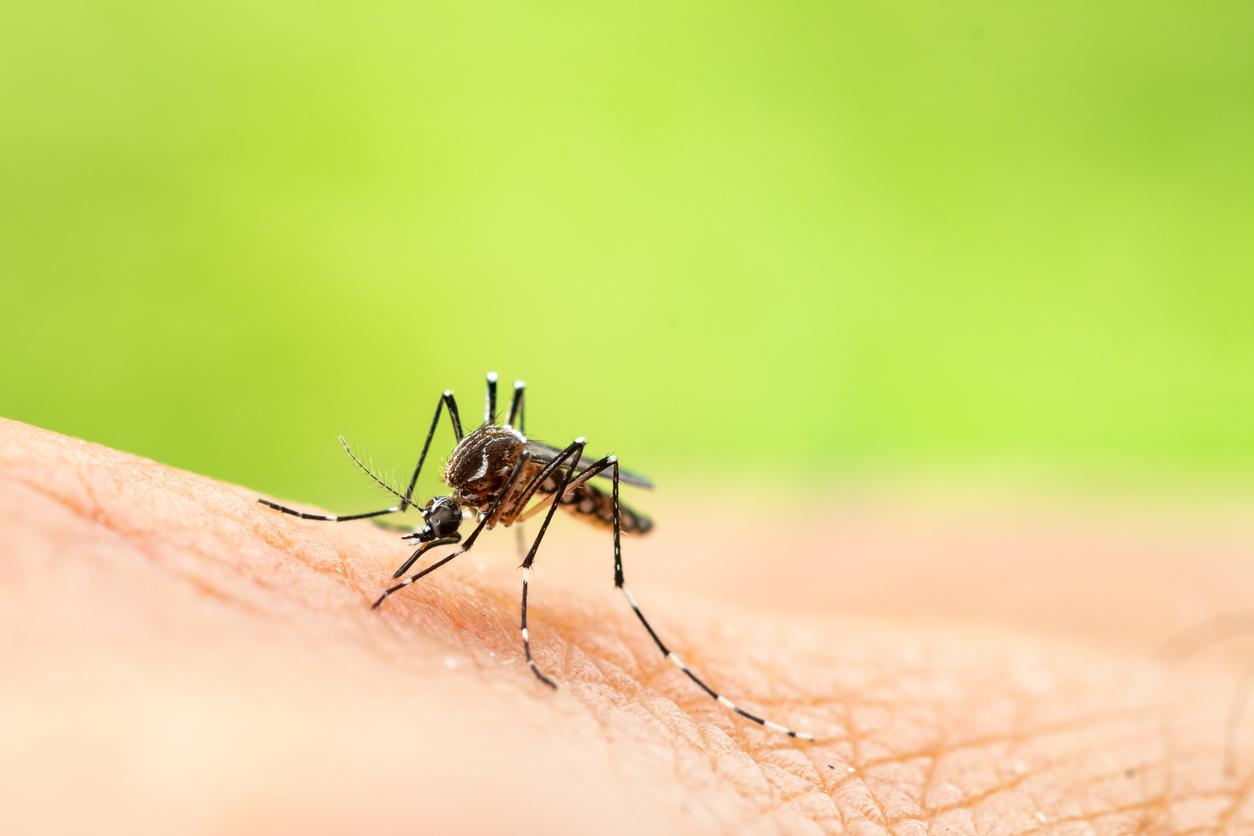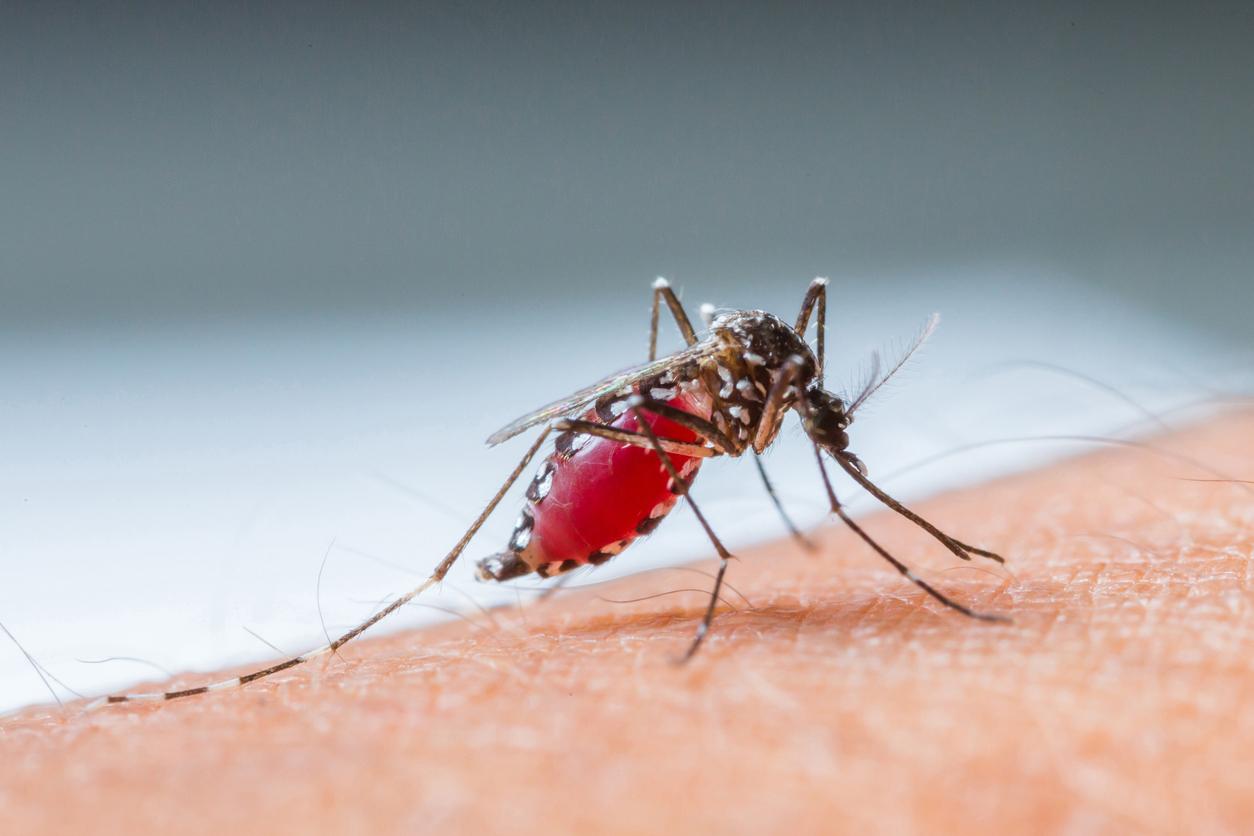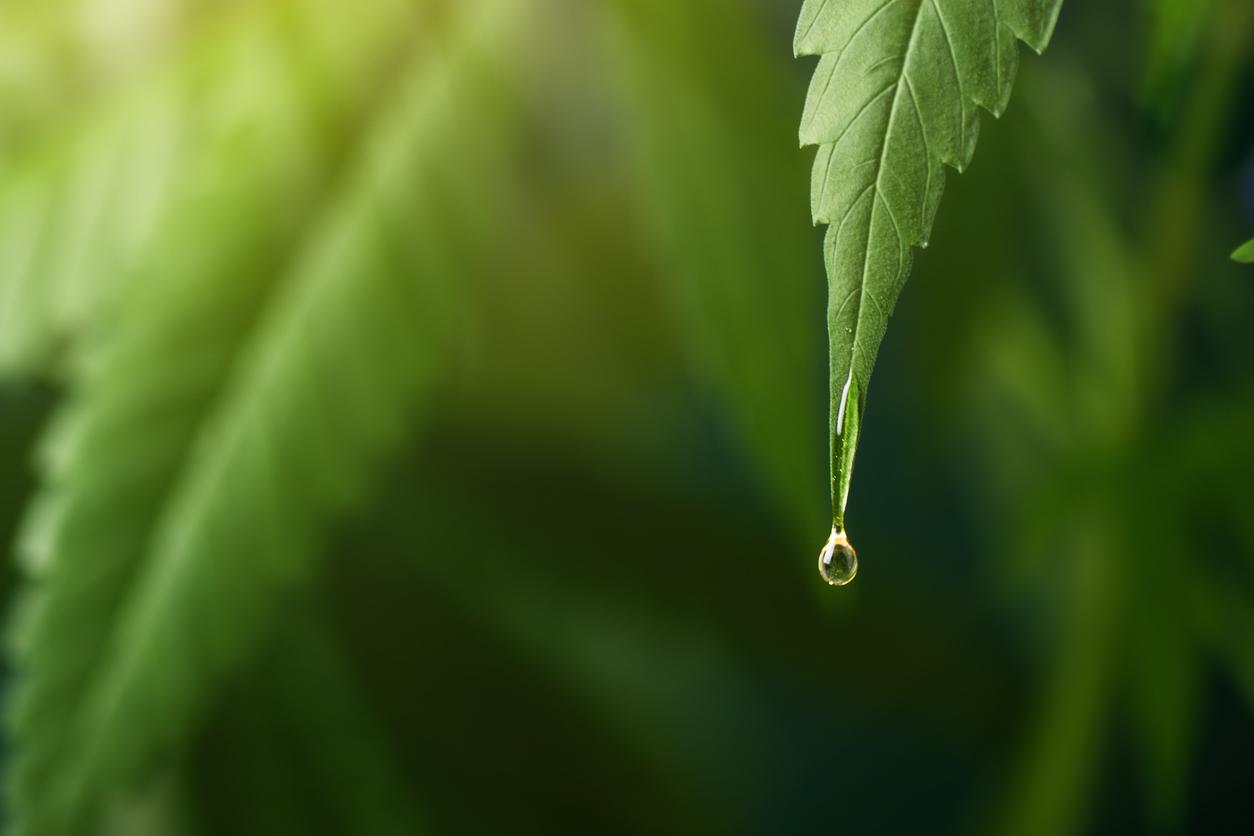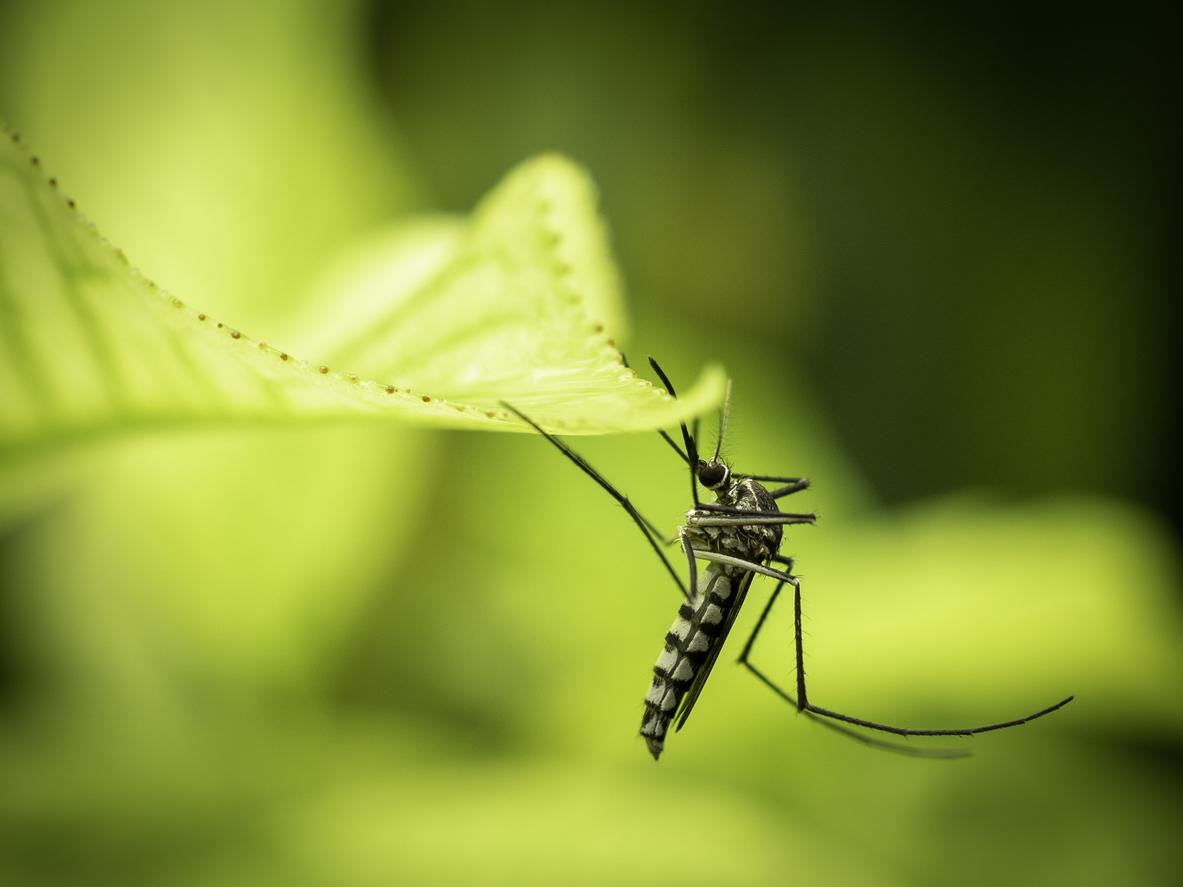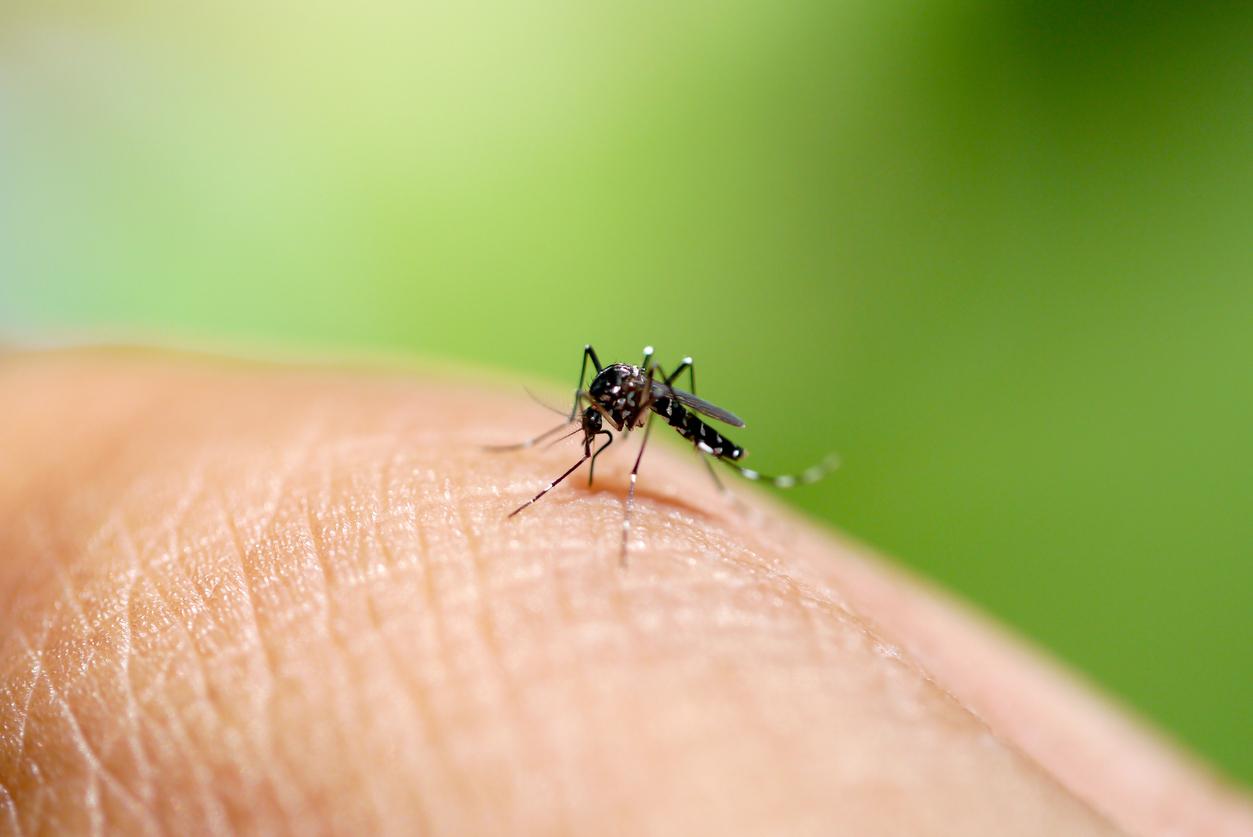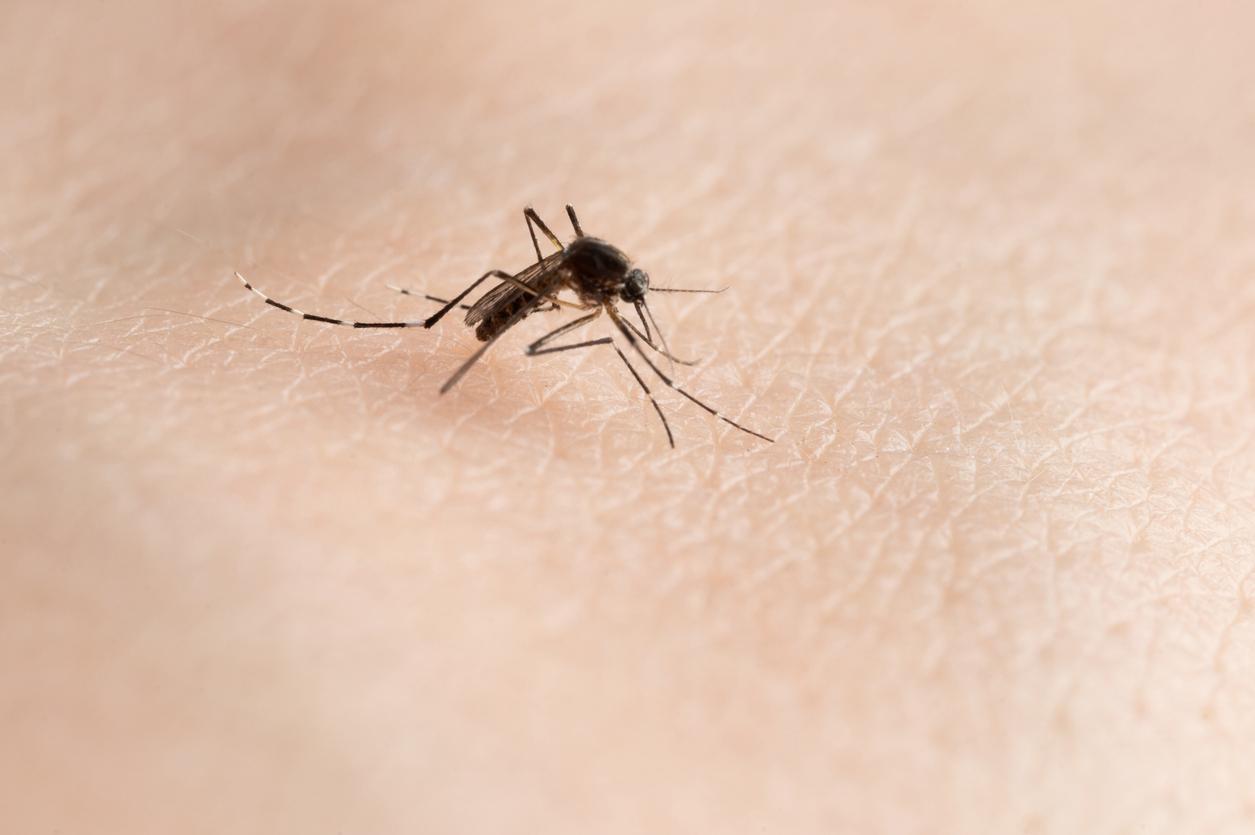Health authorities have reported ten cases of dengue, including five indigenous, on Reunion Island. The ARS issues recommendations.

Dengue fever is rife in Réunion, where ten cases have been reported on the island since the start of the year. Among them, five were imported during trips and five are indigenous – the infection was contracted on Reunion Island, according to the latest data from the Regional Health Agency.
The ARS investigations thus made it possible to identify four distinct contamination situations, three of which could be linked to a recently imported travel case. In detail, two indigenous cases were reported in late February and early March, in connection with a confirmed case imported from Sumatra (West Indonesian island). Two other indigenous cases are linked to contamination after contact with an infected person, returning from a trip to the Seychelles.
International exchanges
Dengue epidemics are currently being reported in several countries with which Réunion maintains many exchanges, particularly in South-East Asia (India, Sri Lanka, Thailand, Malaysia, Cambodia, Philippines, Indonesia, Vietnam) and in the Seychelles, where an epidemic is currently raging.
“The risk of introduction of the virus via an infected traveler is constant. This is why the Indian Ocean ARS strongly recommends that travelers departing from a risk area take all the necessary precautions ”.
Recommendations
It is therefore advisable during the trip to use repellents, to sleep under a mosquito net, and to wear long, light clothes. It is also recommended to continue these gestures for at least a week to ten days after arrival on the island.
On a daily basis, the ARS also recommends eliminating the breeding sites around the house and in the garden by emptying the saucers, checking the flow of the gutters and emptying the water from the small containers where mosquitoes could lay their eggs. eggs.
Consult in case of symptoms
Transmitted by the tiger mosquito, the mad virus causes a flu-like syndrome (chills, headaches, joint or muscle pain, nausea, vomiting, skin rashes, etc.) and can occasionally develop into life-threatening complications. In case of emergence of these symptoms, the ARS advises to consult a doctor immediately.
According to the WHO, the global incidence of dengue has increased “dramatically” in recent decades. Before 1970, only nine countries had experienced severe dengue epidemics. “The disease is now endemic in more than 100 countries in Africa, the Americas, the Eastern Mediterranean, South-East Asia and the Western Pacific, the latter two regions being the most affected”, specifies the UN agency . Half of the world’s population is at risk.
.







